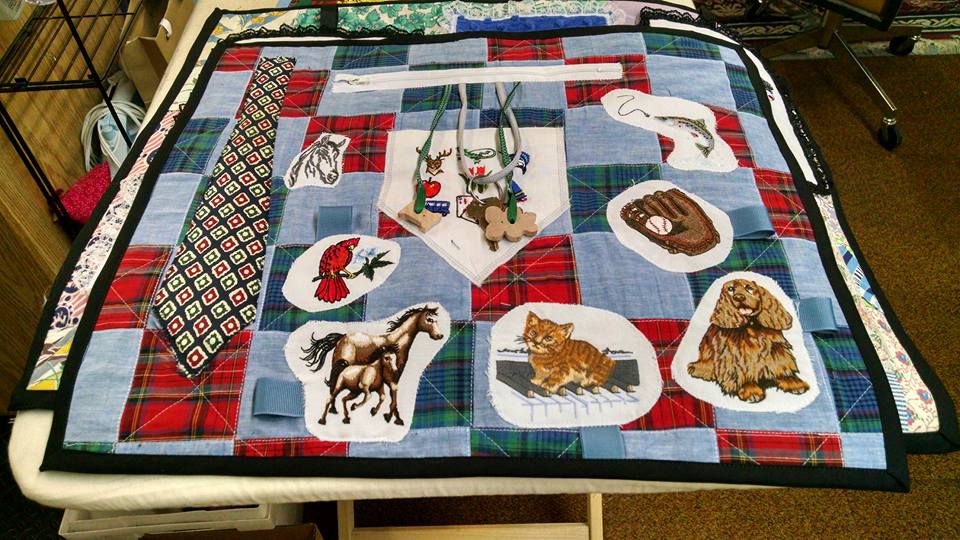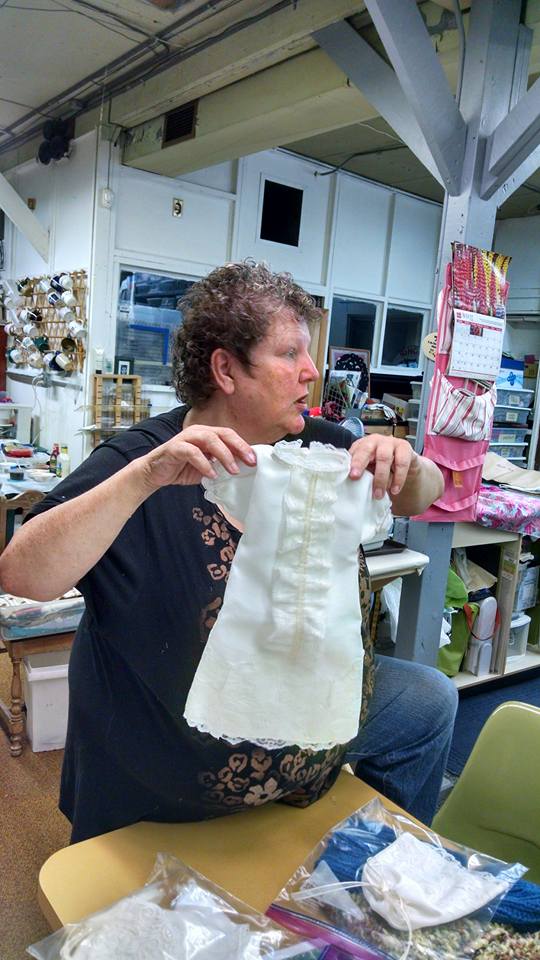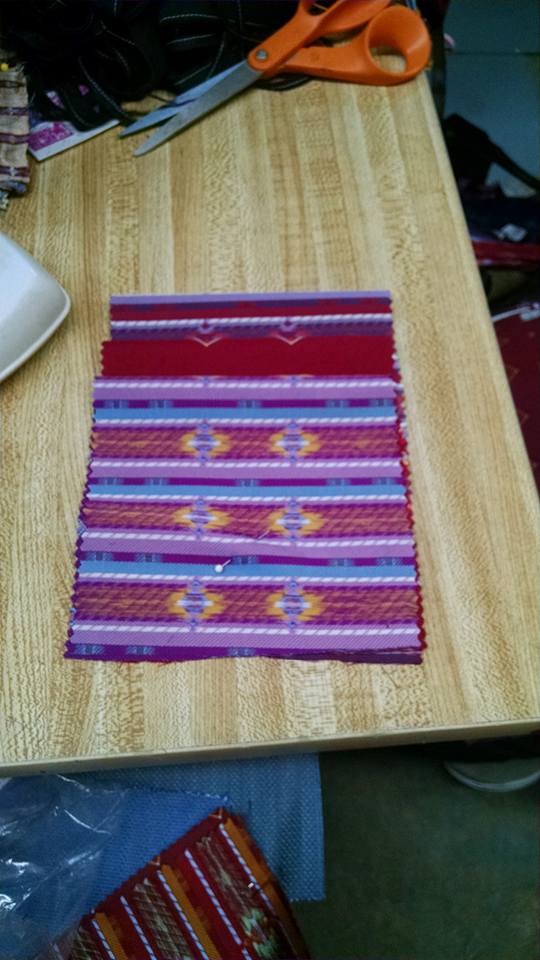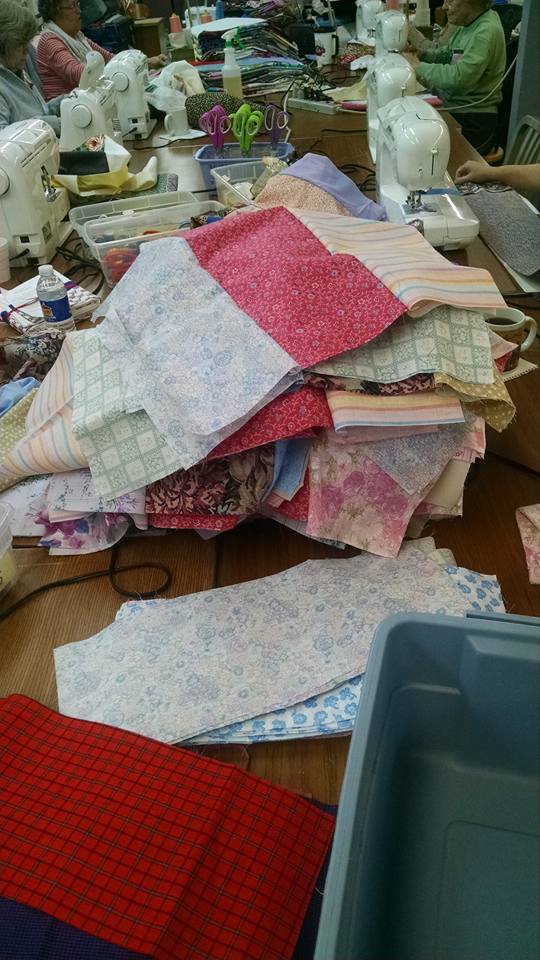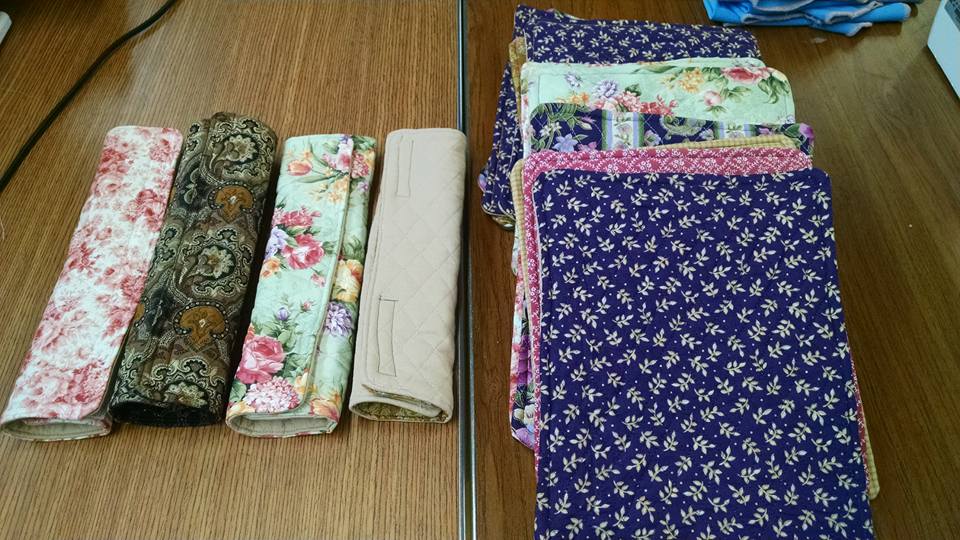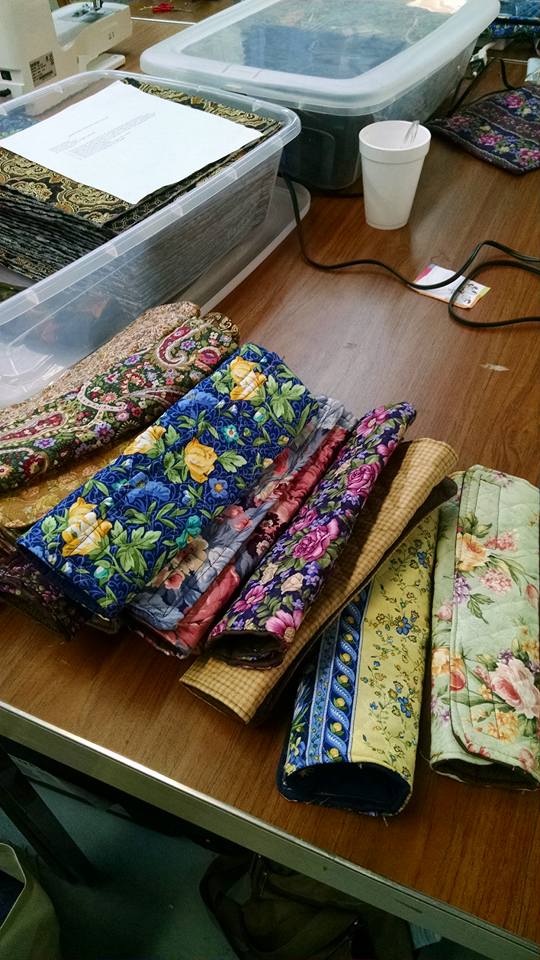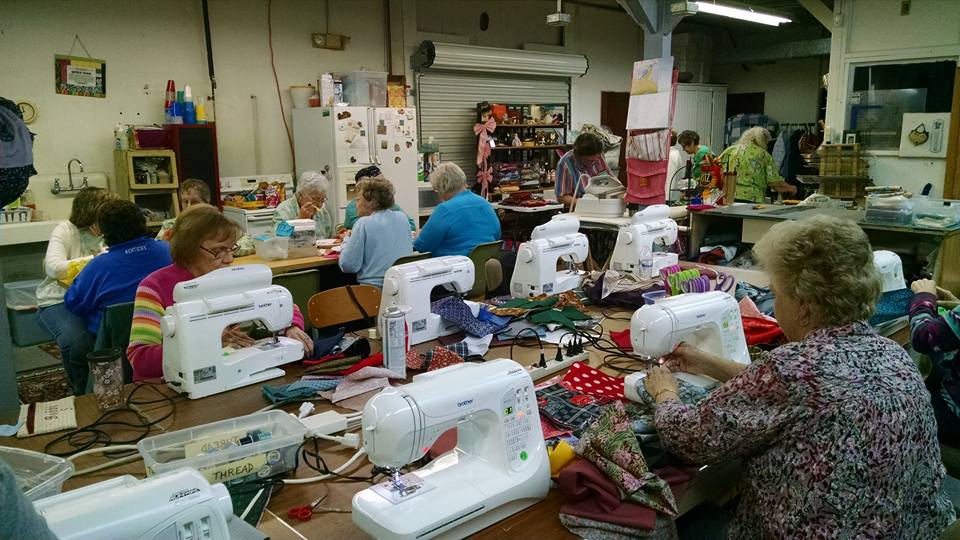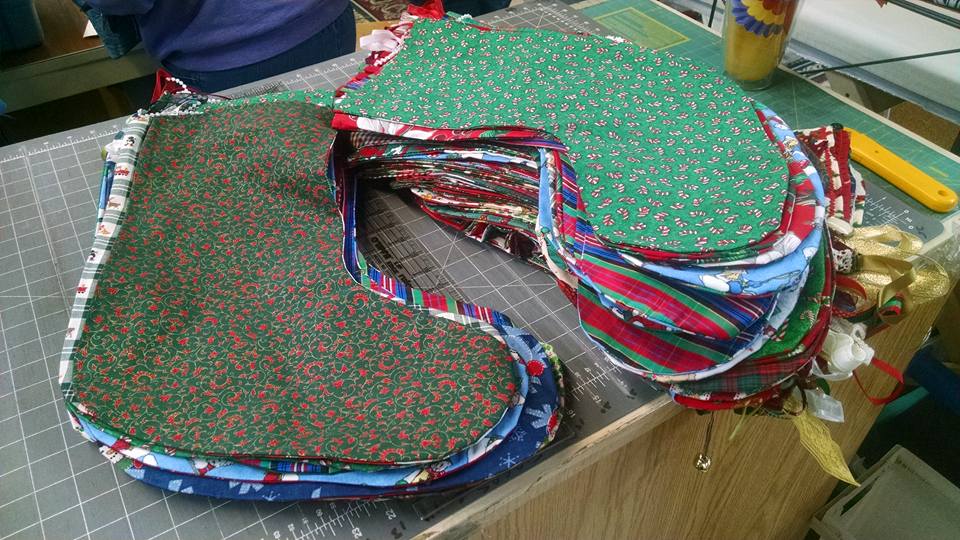Isaac: Tell me tell me a little bit about the first time you went through Disciple Bible Study. What was your experience like?
Keith: It was a lot of reading. It’s thirty four weeks and it was a ton of reading as we go through the Bible,
in different areas, but it's all the way through the Bible in that thirty four week time frame. It was a lot of reading, but it helps me because it's structured – I know what I'm reading that week and the structure itself helps me, and pushes me, to get my reading done so I'm prepared for class.
Isaac: Was this the first time that you felt like you really got a good “deep dive” into the Bible? Or was it maybe a refresher for you? How did that work for you?
Keith: Actually, this was the first real in-depth study. After doing (Disciple for) the first time, I wanted to continue with it, because it was in-depth. It not only furthered my understanding from the reading, but listening to how other people interpreted the scripture also helped me understand things that I probably missed on my own.
Isaac: So on it's face, it seems like a really intense program, right?
Keith: If you look at it, it looks intense; but we laugh a lot, we cry a little, and we learn a lot about not only the Bible and the Scriptures, but one another as well.
Isaac: I was just going to say, this is really a group of people doing this together; and you're with each other for thirty two weeks.
Keith: Right, it’s kind of like a bowling league, that's what I tell folks – the bowling league of Disciple. In all the years that I went through and in the ones that I've facilitated the group, whether it be six, eight, ten, twelve people; you form a community and you learn a lot about one another, and it's a safe place to share. It's a tight small group and you feel safe. (It’s a place) where you can share things, you can ask questions, and you can be goofy and that's OK.
Isaac: For you personally, what are some things that have changed as a result of being involved in Disciple Bible Study? Have you have encountered God in some different ways than before?
Keith: One of the reasons I wanted to do Disciple in the first place is because back when my wife and I worked with the youth group, young people would come up and ask me about scriptures. I will admit I was a little bit shy on the scriptures and the questions that they had I would defer to the pastors. And by going through Disciple and then facilitating and listening and gathering more information on how to interpret the difference scriptures and how they relate to me today, in today's world, has really helped me a lot; especially if people have questions and you try to disciple people; and in just understanding the truth that we find in the Bible. It empowers me and it equips me to be more readily available to, and want to, answer questions when people ask them.
Isaac: A lot of people struggle with what some people call a quiet time or a kind of a prayer moment each day. Has Disciple Bible Study helped you grow in that area of your life? If it has, how has it done that?
Keith: In most all the Disciple books they have your daily reading, but they also have a weekly prayer and a weekly scripture that they have you look at. So by starting (before I do my study for the day) with with prayer, it helps me get into the mode, into the mindset of quieting down, coming before God, reading through His word, and then being able to sit and listen – to have that quiet time and just naturally want it – to glean what you've just learned and listen for what He's telling you.
Isaac: What's been the craziest thing you’ve learned in Disciple Bible Study? I mean, the Bible is full of all kinds of weird stuff! What’s the craziest “boy I never thought I would learn this in the Bible”?
Keith: Well we've had quite a few discussions on why books are where they are at (in the Bible). And perhaps why they were included. We've even talked about some of the books, and we've looked at them, that weren't included in the Bible. It's just as interesting to me, even the ones that didn't get into the Bible still had a lot of good information. And the thing that is amazing to me is just how they put it all together. And why it comes together…and it just speaks to you. How they set it up is amazing.
Isaac: Let's say someone is kind of sitting on the fence about maybe jumping into Disciple Bible Study – they hear the talk around it, it's a big commitment – what would you say to them?
Keith: It's not school. It's not “you got to do this assignment or don't come.” You know, we have fun as a group, it’s like a small community that we develop, and if you don't get all your reading done every day, we still want you to come because your input is still valuable – even if you didn't do the reading, you are going to learn something from the other folks that did do the reading. But we don't want to seem like it's a chore. We all know life happens, and sometimes it happens a lot in one week's time. And you may not have the time to get your reading done, but we don't want you not to come. We want you to be there. We want everybody together, and we have more fun, and we learn more when we're all together in the group.
Isaac: Anything else that you would say to folks who are maybe thinking about jumping into this for the first time?
Keith: Don't be scared. It is a big time commitment. We like for you to be there every week but like I said, life happens and if you miss a week, we will miss you. You can look at the the D.V.D.'s – they are available if you miss one, you can come and get the D.V.D., we have them in the classroom. You can watch it and do it on your own if you have to, but we want you to be there, but it's not written in stone. It's not like you’re bad if you don't show up or you don't do your reading. It's a way to be intent about your study, it adds the stability of knowing what you have to do every week, but it's not as rigid as “if you don't get it done, don't show up.” We want everybody to be there because we want everybody's input on what we’re doing.
Isaac: Could you imagine being who you are without having gone through disciple at this point? Has it been that that big of an impact on your faith?
Keith: Yeah, it really has. I definitely, and my wife would agree to this, it has made me a better person and stronger Christian. I'm more apt to share the Scriptures now that I know them. And it's really wild after going through (Disciple) all these years I start to know where things are at, and I can point people in the right direction, and it really helps me feel more comfortable sharing the faith and the Bible with folks. And it has made me, I think, a stronger Christian, and more comfortable when I talk about it, which is a lot.
Isaac: Well, thank you very much for sitting down and talking with me. I appreciate it very much, Keith, thank you.
Keith: Thanks.
























